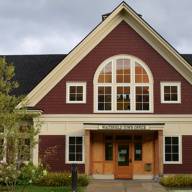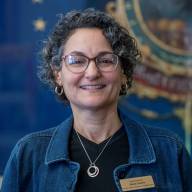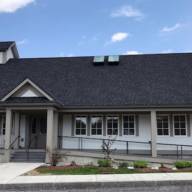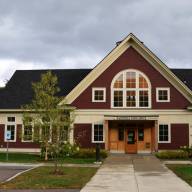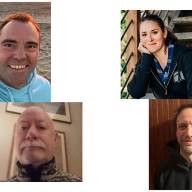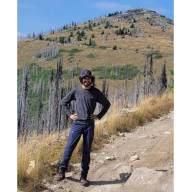By Beniamino Nardin, Harwood correspondent
Charlie Flint, Harwood Union High School junior, has been spending time picking apart the senior survey, a form that graduates take every two years to gauge where Harwood is regarding post-high-school plans. Flint is an intern with the Vermont Student Assistance Corporation (VSAC), where she is working to improve post-secondary education for Harwood students.
VSAC is a nonprofit organization which provides educational information and support to Vermont students pursuing opportunities after graduation. The newly-instated VSAC Aspirations Program at Harwood is focused on closing the gap between first- and second-generation college students and generating excitement towards college, allowing all students to feel as though college is something accessible in their future.
Data obtained by VSAC found that 74% of Harwood students whose parents had attended college went to college while only 48% of students whose parents hadn’t attended college did. Funded by the Vermont Legislature, the program encourages all students to have a plan for their post-secondary life, whether that be pursuing higher education, a trade school, military or other options.
“I thought it was interesting (that) there was a question about when students made up their mind if they wanted to go to college or (not),” said Flint. “(The question was) ‘When did you decide that you weren’t going to go to college?’ for career-based students,” said Flint. “And (many) decided (in the) sixth grade or earlier, which shows that a lot of the decisions are happening before they even get to high school because of where their parents are.”
“I really enjoy math and analyzing statistics,” said Flint. Rachael Potts, the internship coordinator for Harwood, connected Flint with VSAC, as the topic was something well-tailored to Flint’s interests.
“I’ve gone over (the senior survey) several times,” said Flint. “There’s a lot of questions about the education they got in high school and the information they got from their parents about pathways after high school, like college or career-based things.”
“An example is: ‘Have you talked to your parents about paths after high school?’ Or, ‘Did your high school provide learning and skills for work and college?’ There are results from 2018 and 2021,” said Flint. Since the entire state of Vermont takes the senior survey, Harwood is able to compare its results with the statewide average to see where things are going well, and where things could be better.
The Aspirations Program will provide families and students with the necessary materials to gain a greater understanding of opportunities available to them following graduation. “It’s important that the school gives resources to kids,” said Flint. “But I think it’s even more important to give homes the resources to talk to their kids about it earlier, because that’s really when people make up their minds.”
Currently, the senior survey is a task to pick apart. “The data is really dense and hard to understand, because of the response rate,” said Flint. “Not everybody takes it. So, it’s difficult to draw conclusions because there’s a big chunk of students who just didn’t take it. I’m trying to (organize) the information in a way that teachers, students and community members can understand, so that we can all reflect on what our community is like.”
“Aspirations is a four-year program,” said Flint. “Hopefully, VSAC will improve how Harwood teaches students about different pathways, but also goes into the community and homes and make pathways more accessible and people more knowledgeable.”



